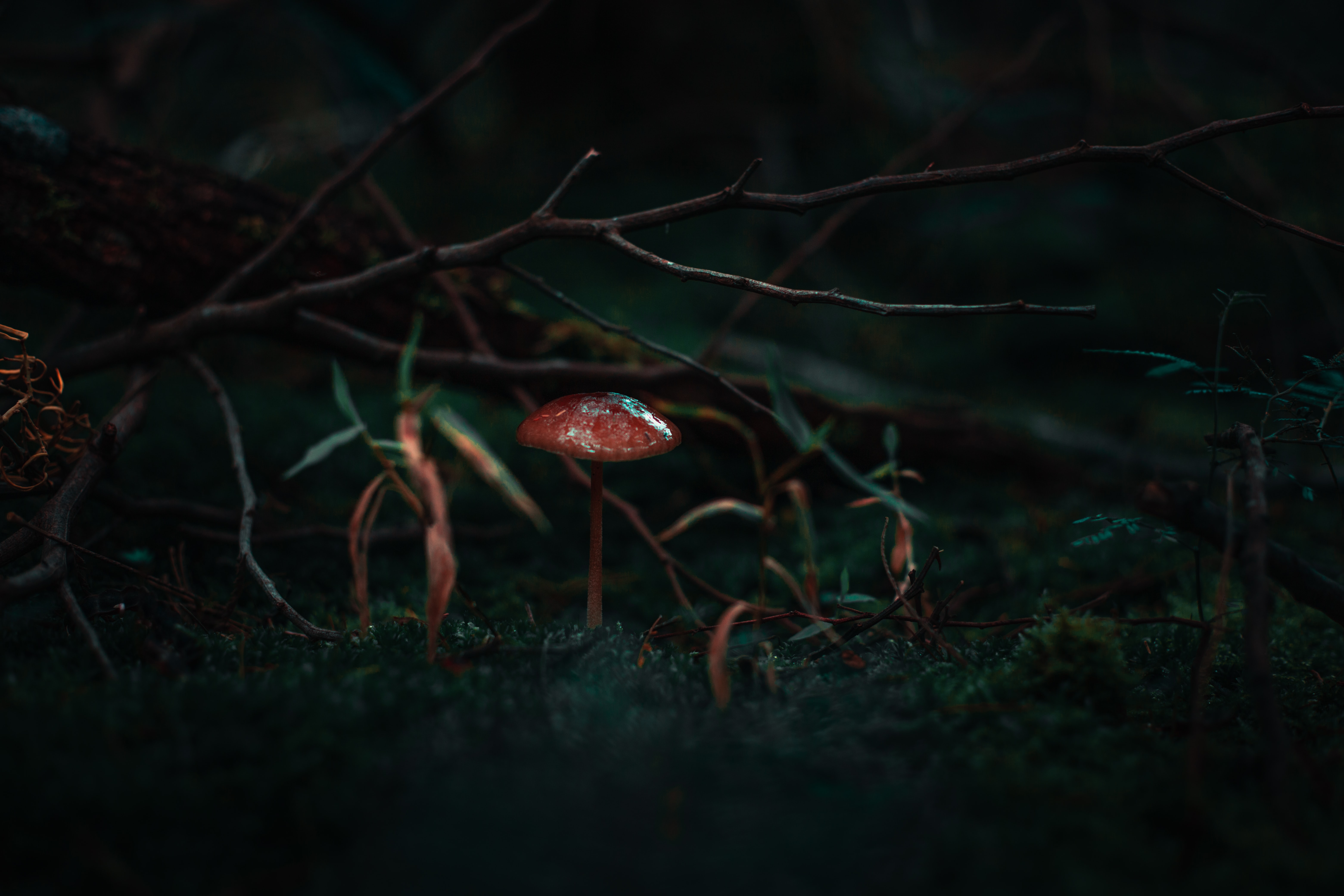News release
From:
Health: Psilocybin use associated with lower risk of opioid addiction
Adults who have at some time in their life used psilocybin – a psychedelic substance produced by some types of mushrooms – are 30% less likely to have opioid use disorder, according to a nationally representative survey of US adults reported in Scientific Reports.
Grant Jones and colleagues investigated the incidence of opioid use disorder and the prevalence of psychedelic use among 214,505 adults using survey data collected between 2015 and 2019. Participants reported whether they had abused or experienced dependence on heroin or prescription pain relievers in the past year and reported whether they had ever taken the psychedelic drugs psilocybin, peyote, mescaline or LSD. 2,183 (1.0%) participants met the criteria for opioid use disorder in the past year. 22,276 (10.4%) participants reported having used psilocybin and 10,284 (46%) of those also reported using heroin or prescription pain relievers recreationally at least once in their lives.
The researchers found that opioid use disorder was 30% less likely among those had used psilocybin, compared to those who had never used it. Those who used psilocybin were also between 17% and 34% less likely to have experienced seven of the 11 symptoms of opioid dependence and abuse in the past year, compared to those who had never used it. This suggests that psilocybin use could have a protective effect against a range of opioid use disorder symptoms. The researchers did not identify significant associations between peyote, mescaline or LSD use and the likelihood of opioid use disorder.
The authors speculate that psilocybin may protect against opioid use disorder by affecting the transmission of serotonin and dopamine – neurotransmitters that previous research has found are associated with addiction. Additionally, they suggest that the mystical or spiritual experiences that psilocybin induces could decrease the likelihood of users developing opioid use disorder as previous studies have observed associations between spiritual experiences and beliefs and positive substance abuse recovery outcomes. Further research, including long-term observational studies and clinical trials, is needed to investigate the relationship between psilocybin and opioid use, they add.



 International
International



